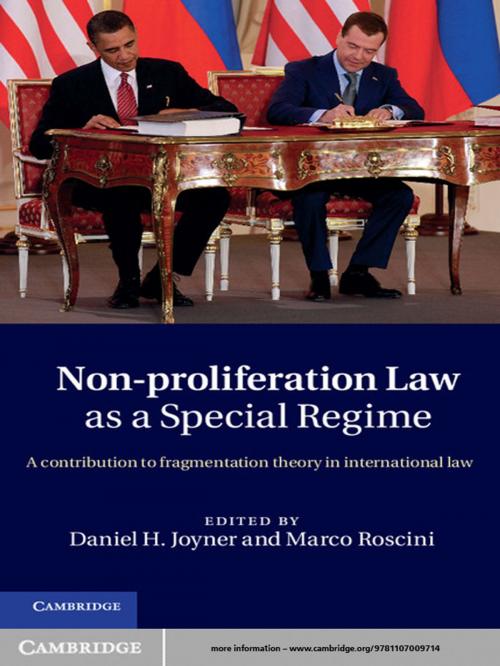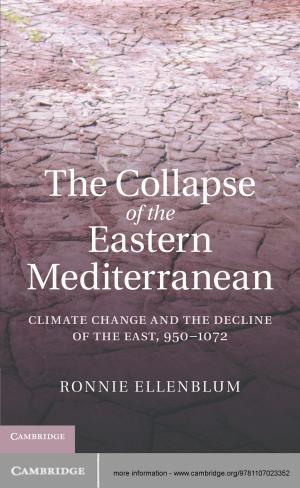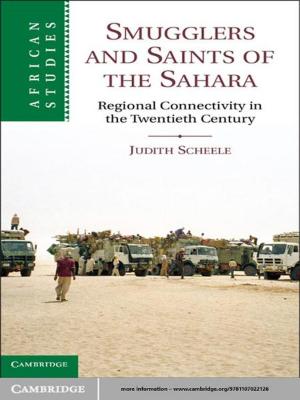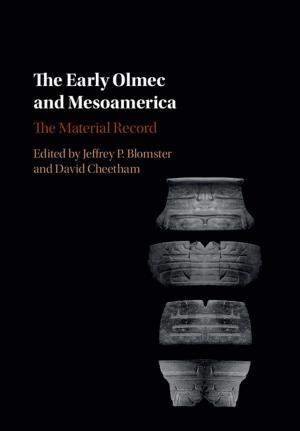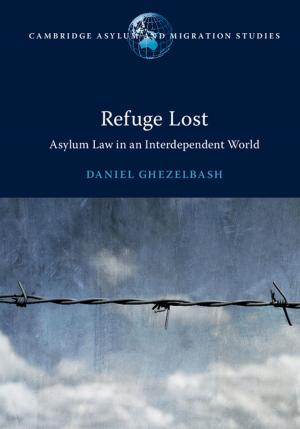Non-Proliferation Law as a Special Regime
A Contribution to Fragmentation Theory in International Law
Nonfiction, Reference & Language, Law, International, Social & Cultural Studies, Political Science| Author: | ISBN: | 9781139564205 | |
| Publisher: | Cambridge University Press | Publication: | September 20, 2012 |
| Imprint: | Cambridge University Press | Language: | English |
| Author: | |
| ISBN: | 9781139564205 |
| Publisher: | Cambridge University Press |
| Publication: | September 20, 2012 |
| Imprint: | Cambridge University Press |
| Language: | English |
The fragmentation of international law is an undeniable phenomenon and one that has met with increasing academic interest. This fragmentation is the result of the progressive expansion of both international legal activity and the subject-matter of international law. This expansion brings with it the risk of conflicting rules, principles and institutions. Non-Proliferation Law as a Special Regime focuses on weapons of mass destruction and aims to identify whether there are specific rules applying to this field that depart from the general rules of international law and the rules of other special regimes, in particular with regard to the law of treaties and the law of state responsibility. In providing a systematic analysis of a substantive area of international law and applying the theory of fragmentation and special regimes, the book contributes to the ongoing debate concerning one of the most topical issues in international law.
The fragmentation of international law is an undeniable phenomenon and one that has met with increasing academic interest. This fragmentation is the result of the progressive expansion of both international legal activity and the subject-matter of international law. This expansion brings with it the risk of conflicting rules, principles and institutions. Non-Proliferation Law as a Special Regime focuses on weapons of mass destruction and aims to identify whether there are specific rules applying to this field that depart from the general rules of international law and the rules of other special regimes, in particular with regard to the law of treaties and the law of state responsibility. In providing a systematic analysis of a substantive area of international law and applying the theory of fragmentation and special regimes, the book contributes to the ongoing debate concerning one of the most topical issues in international law.
